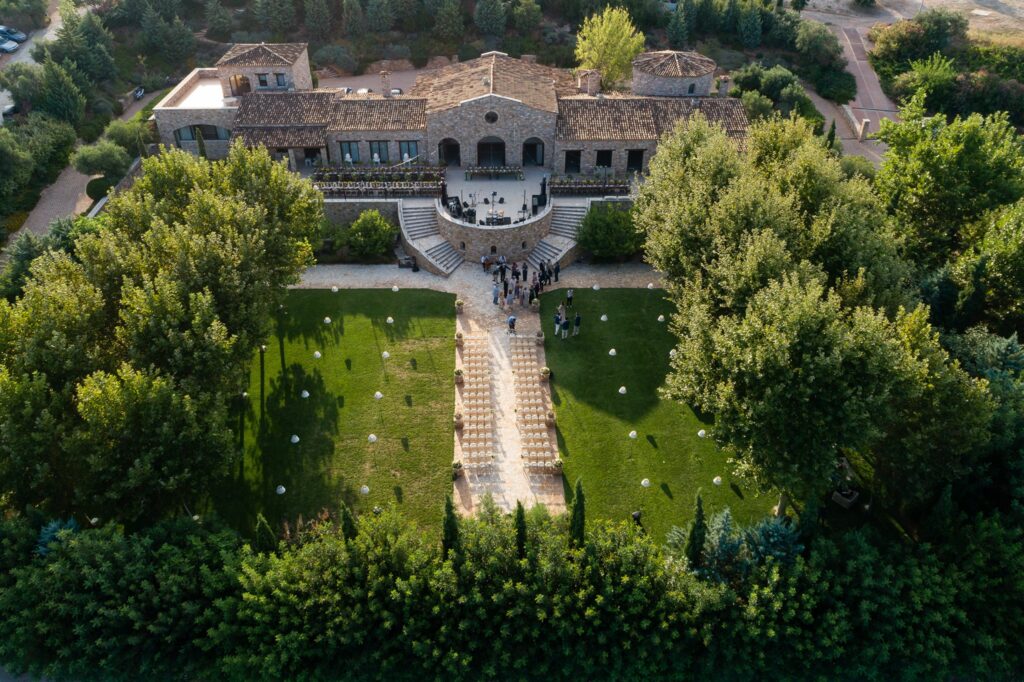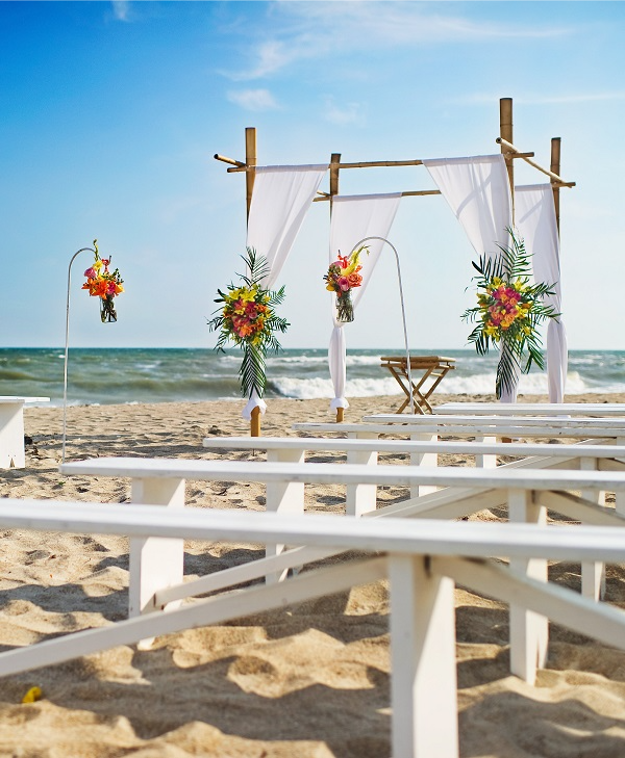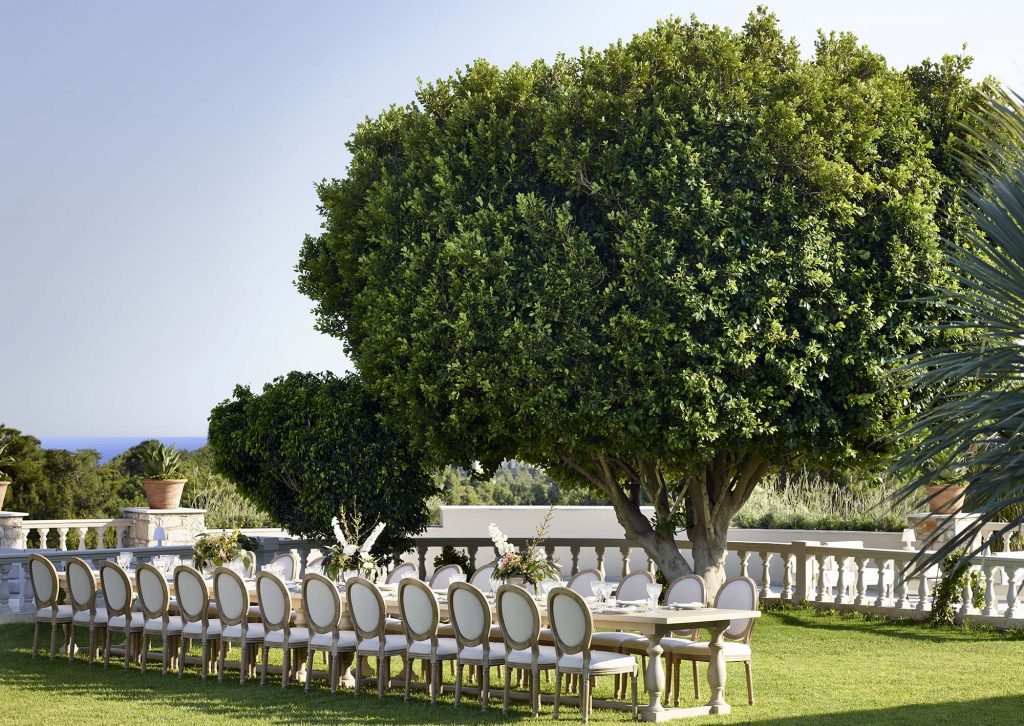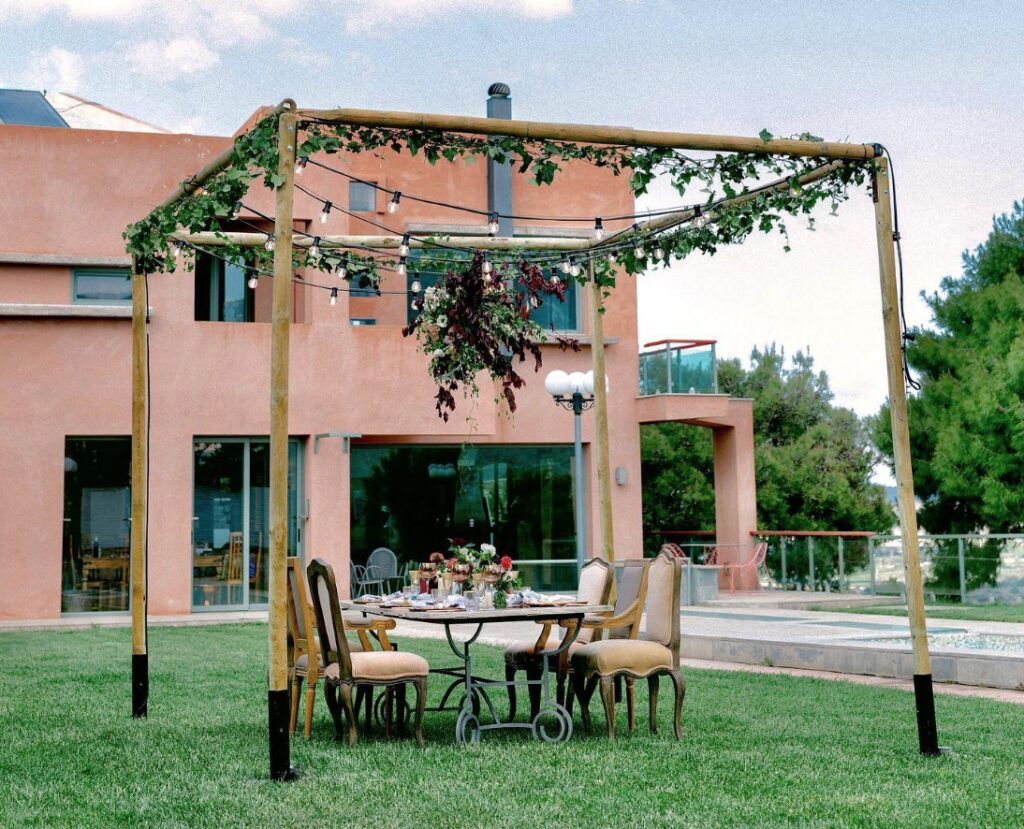Celebrate Love with Enchanting Wedding Ceremonies!
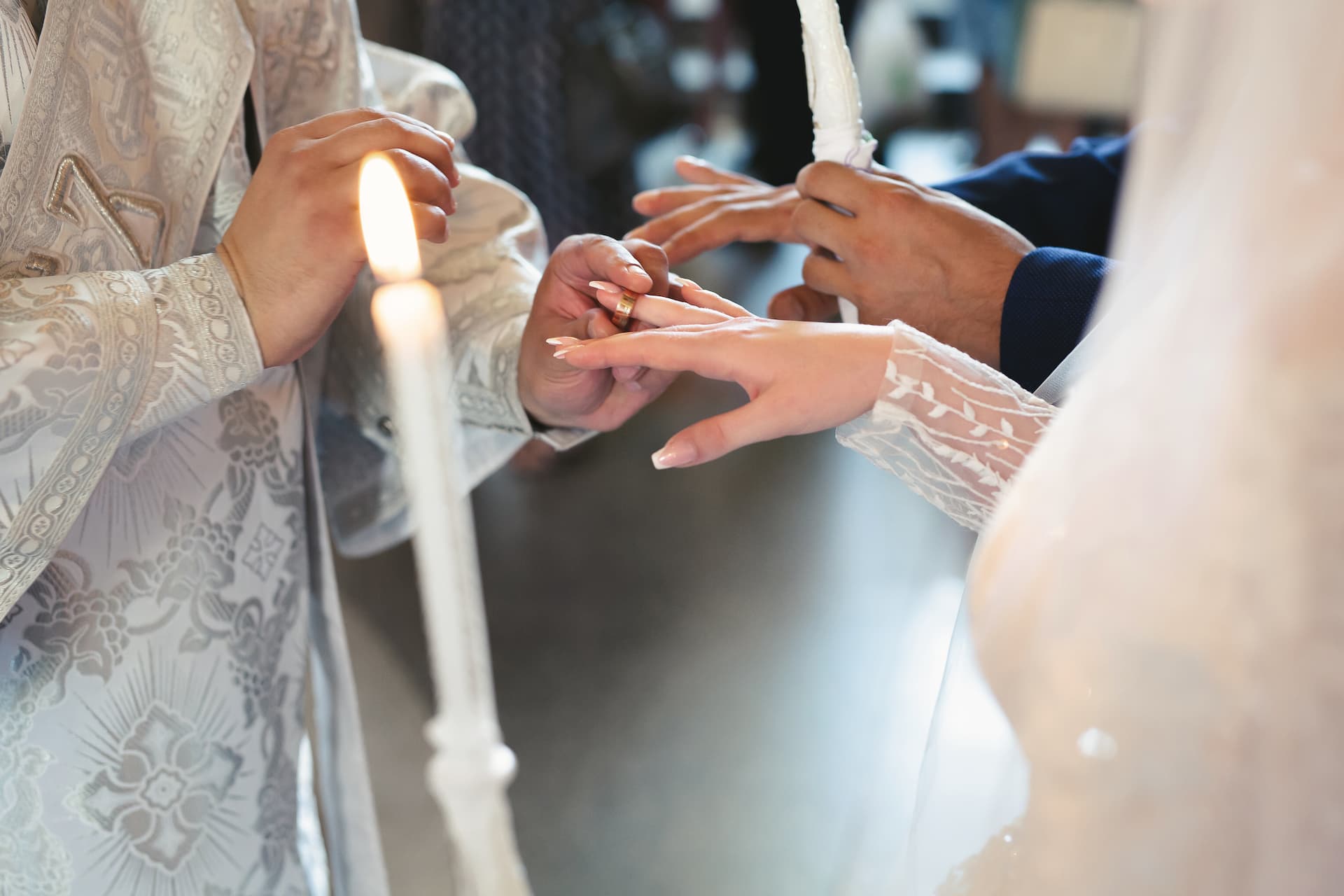
The wedding ceremony is the pivotal moment that lends a distinctive tone to your love story, a special occasion where you immortalize your promises and unwavering commitment. From the adaptable cohabitation agreement to civil unions, non-religious love ceremonies, and traditional weddings across diverse faiths, each wedding unfolds the genuine beauty concealed within cultural customs.
The cohabitation agreement has progressively become the preference for a growing number of straight and gay couples in recent years, offering a contemporary and unconventional approach to life organization without the conventional trappings of marriage. This process involves signing a notarized document in the presence of a notary, and its registration at the registry office imparts legal validity. Its primary advantage lies in empowering couples to define the terms of their cohabitation, shaping rights and obligations through a notarial act.
For those desiring not just emotional but legal recognition of their love, civil marriage stands as the ideal choice. It’s a swift, straightforward, and cost-effective process, providing a simple and efficient means for securing legal acknowledgement of a relationship, irrespective of gender. Additionally, the legal validation of civil marriage contributes to ensuring equal treatment for all couples under the law.
Extra tip: The cost of necessary documents is approximately 50 euros, and each municipality has its own policy (with an additional fee for the marriage ceremony ranging from 50 to 150 euros). The process takes about 10 minutes, and you can save on additional expenses, such as those for bridal attire if desired.
A non-religious love ceremony presents a splendid avenue to express love without the constraints of traditional rituals. During this ceremony, couples articulate their love and commitment without the encumbrance of religious traditions. These ceremonies are designed for couples of all ages, religions, and genders who seek to celebrate their union in a way that resonates with their unique identity. Infused with humor or romance, modern or timeless, the ceremony can be tailored to embody the essence the couple desires, and it can be hosted anywhere -in any indoor or outdoor venue chosen by the couple. Personalized texts and symbolic rituals replace religious elements, creating a one-of-a-kind experience that mirrors the uniqueness and love of the couple.
A Christian wedding, whether within the Orthodox or Catholic Church, symbolizes a sacred and profound stage in a couple’s journey. The ceremony becomes uniquely special through its elements, showcasing the deep spiritual and symbolic dimensions. Wedding crowns, tethered by a single ribbon, represent the invisible yet indomitable force that binds two hearts in enduring love. The shared wine from a common cup symbolizes the communal life the couple embarks on, encompassing all the blessings and challenges it brings. The rice tossed by guests is a traditional means to bless the couple, signifying fertility and abundance in their future. These symbolic elements distinguish Christian weddings, infusing spirituality into each ceremony.
The Hindu wedding unfolds a realm of magic and traditional opulence, seamlessly blending vibrant colors, enchanting scents, and melodic sounds. Despite regional variances, fundamental characteristics remain shared. The preparations commence with the captivating Chura and Haid ceremonies, where family members envelop the bride in fragrances, water, and flowers. The groom’s arrival on a white horse, accompanied by drums and traditional music, creates a magical ambiance, while the exchange of flower garlands symbolizes the unity of the couple. The wedding ceremony, resonating with the chanting of religious Indian hymns, becomes an emotional journey reflecting the significance and richness of Hindu marriage. Alongside the rituals, various customs transpire, with the traditional bath and henna tattoos preceding the wedding day. The departure ceremony concludes the wedding, symbolizing the initiation of a new family.
The Jewish wedding is a momentous and emotionally charged ceremony that seamlessly melds traditional customs and symbols, reflecting the spiritual legacy of the Jewish people. The custom of brides fasting on their wedding day has roots in Jewish history, associated with the concept of Yom Kippur—a day of forgiveness and spiritual renewal. On the wedding day, brides fast until the ceremony, viewing this period as a communication to God about their past transgressions. The wedding ring carries profound symbolism, used in the ceremony, it should be simple, signifying the eternity of love, much like the dance around the bride and groom, symbolizing support and communal unity around the new couple. Finally, the “Sheva B’rachot” are the seven blessings recited over wine during the wedding ceremony and repeated during meals in the week after the wedding, bestowing blessings upon the couple in their new life.

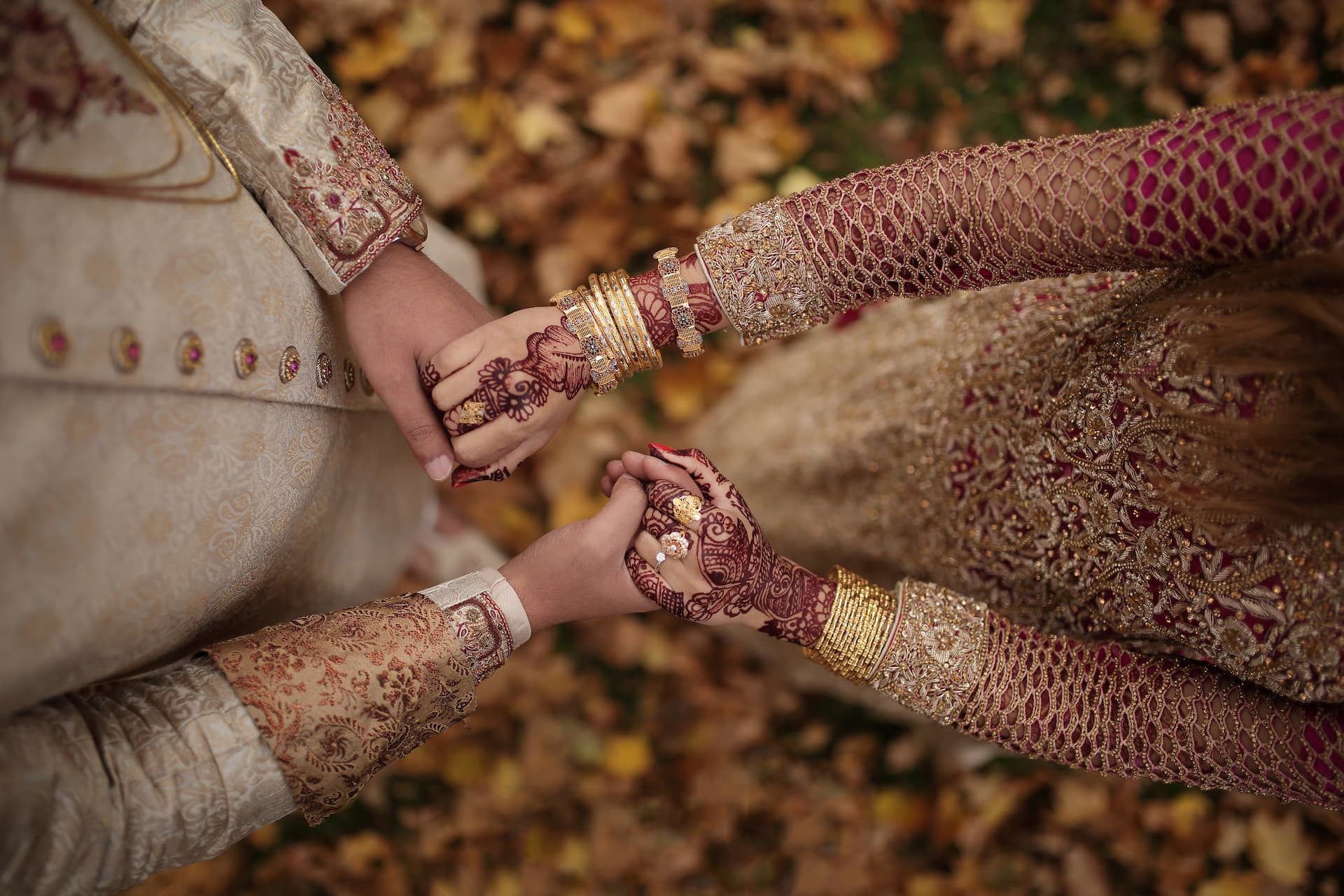
In the rich tapestry of the muslim world, a wedding unfolds as a splendid three-day ceremony, intricately weaving together a tapestry of time-honored customs. Embarking on the journey of marital union, the engaged couple, during the stage of betrothal, delicately place rings upon their fingers, adorned with a red ribbon. This symbolic act serves as a poignant representation of the profound love that intertwines two hearts. The father of the bride, in a touching moment, ceremoniously severs the ribbon, marking the commencement of their shared life.
The inaugural day of this cultural celebration is dedicated to the artistry of henna, a ritual where designs grace the bride’s hands and feet. The crescendo of festivity unfolds on the second day, providing an exuberant platform for family and friends to revel in music and dance. The denouement of this trilogy sees the groom embarking on a journey to the bride’s residence on the third day, an act that seals the bond of their shared travel in life.
In the Islamic tradition, the wedding ceremony unfurls as a symphony of vows, prayers (Nikah), and the formal signing of the matrimonial pact (Nikah Nama). This sacred event is steered by the guiding hand of the Imam, who presides over the ceremonies. Noteworthy is the institution of the dowry (sadaq), often a fundamental prerequisite for a Muslim union. This gracious offering serves as a symbolic gesture, ensuring the safeguarding and financial independence of the bride.
Within Buddhism, a wedding manifests as a harmonious celebration, paying homage to the profound teachings of Siddhartha Gautama. In contrast to certain religious traditions, Buddhists perceive marriage as a deeply personal journey rather than a sacred mystery. The nuptial ceremony, a joyous affair, seamlessly blends contemporary elements with timeless customs.
Buddhist nuptials embrace diversity, incorporating rituals from various corners of the globe. Whether it be the binding of wrists or the communal sipping of three cups of sake, each act holds profound significance. The ceremonial space is adorned with an essential Buddha statue, and the couple has the freedom to choose attire reflective of their preference, be it a kimono or a saree. Interestingly, the ceremony need not be officiated solely by monks but can be led by a chosen friend. The proceedings often include readings from the philosophical texts of Buddhism, punctuated by the exchange of vows that epitomize the couple’s commitment to patience and compassion.
In the mosaic of weddings, love emerges as the thread, delicately weaving together the essence of two souls. As you prepare for your distinctive ceremony, consider the unique way in which you will embrace the promise of a shared life, one adorned with love, respect, understanding, and unwavering dedication.




